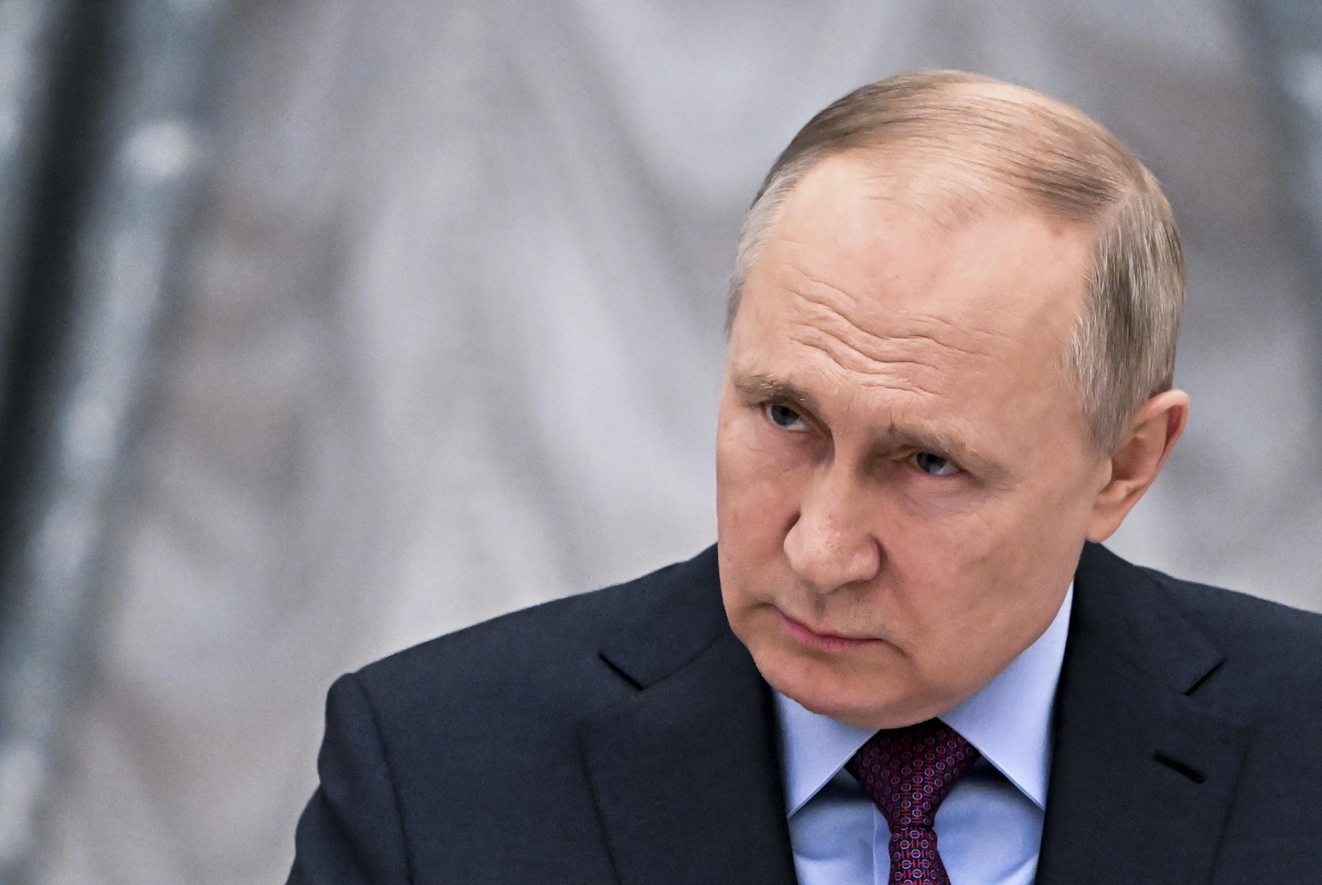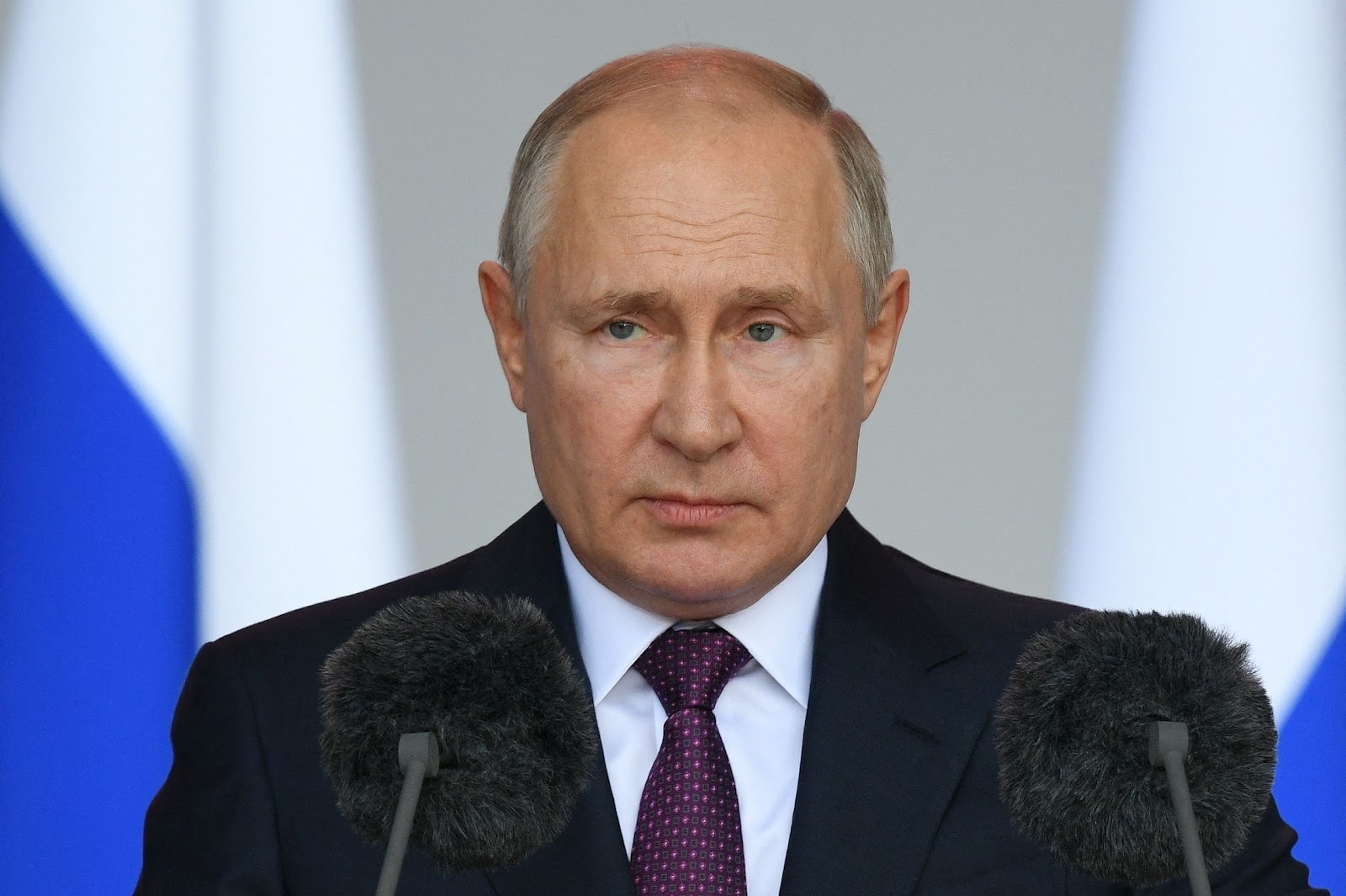LONDON (Reuters) – Sterling’s near-term fate hangs on whether British Prime Minister Theresa May manages to get her Brexit withdrawal deal through Parliament, according to Reuters polls that also found economic growth will be weak.
FILE PHOTO: Pound Sterling notes and change are seen inside a cash register in a coffee shop in Manchester, Britain, September 21, 2018. REUTERS/Phil Noble/File Photo
May faces deep opposition in parliament ahead of a Dec. 11 vote on her withdrawal agreement, raising the risk of a no-deal Brexit shock to the economy in less than four months’ time.
She suffered embarrassing defeats on Tuesday at the start of five days of debate over her deal to leave the European Union that could determine the future of Brexit and the fate of her government.
If the deal is agreed, sterling GBP= will gain 3.5 percent, according to the median in a poll of foreign exchange strategists taken mostly as Parliament debated the deal, but if it fails to pass the pound will fall by 2.75 percent.
“Our colleagues are right to flag the risks that Parliament could initially reject the deal. This inevitably leads to a knee-jerk sell-off in GBP,” noted BofAML analysts.
“We think there is likely to be a material repricing of the UK rates curve once a deal is announced and ratified, which in turn is likely to be bullish for GBP.”
Sterling has ricocheted on each piece of Brexit news, largely ignoring economic data. As predicted in Reuters polls ahead of the June 2016 referendum on EU membership, it has fallen versus the U.S. dollar, down well over 10 percent on Wednesday from pre-vote levels.
There is still only a median 25 percent probability no agreement is reached before Britain is due to leave the EU on March 29, unchanged from a November poll. It has been between 20 and 30 percent since Reuters began asking in July 2017.
Instead, almost 90 percent of economists who answered an additional question expect the most likely outcome to be the two sides agreeing a free-trade deal, as they have since Reuters began polling on this in late-2016.
Still in second place was leaving without an agreement and trading under basic World Trade Organization rules. And once more in third place was Britain being a member of the European Economic Area, paying into the EU budget to maintain access to the EU’s single market.
While the second and third outcomes were a close call, Brexit being cancelled was seen as unlikely and no respondent pegged this as the most likely scenario.
“The outcomes are obviously up in the air at present. But as it currently stands, some form of Free Trade Agreement looks to be the most likely option,” said Peter Dixon at Commerzbank.
Median forecasts in the wider foreign exchange poll pegged sterling at $1.29 in one month, $1.34 in six months and $1.37 in a year’s time, little-changed from a November poll. It traded around $1.275 on Wednesday.
The dollar has enjoyed unrivalled performance against its peers this year but will be undermined in 2019 on increasing concern about slowing U.S. economic growth, a poll showed. [EUR/POLL]
Against the euro EURGBP= the pound will be little moved from Wednesday’s level in one month when a euro will get you 89.0 pence. In six months and a year it will be worth 87.0p.
SLOW GROWTH
With little clarity about the terms under which Britain and the EU will part ways, British services firms were clobbered last month, leaving the economy at risk of contracting, a survey showed on Wednesday. [GB/PMIS]
The poll predicted Britain’s economy will expand 0.3-0.4 percent per quarter from here through to mid-2020, largely underperforming its peers.
It will grow 1.3 percent this year and a still modest 1.5 percent next year and in 2020, according to the poll of 76 economists, slower than ahead of the EU vote.
Still, a post-referendum recession never materialised and economists gave only a median 25 percent chance of one in the coming year and 30 percent within two years.
Inflation has held stubbornly above the Bank of England’s 2 percent target – and is not expected to be back there until the third quarter next year – yet the central bank has kept monetary policy loose.
It is not expected to raise the Bank Rate from the current 0.75 percent until at least April, when it will add 25 basis points. A subsequent 25 basis point increase is not expected until early-2020.
Only one of 77 economists polled expects the Bank to increase borrowing costs at its next policy decision on December 20.
(Other stories from the global foreign exchange poll:)
(Other stories from the economic outlook polls:)
Polling by Sumanto Mondal, Sarmista Sen, Indradip Ghosh and Mumal Rathore; Editing by Kirsten Donovan






Leave a Reply